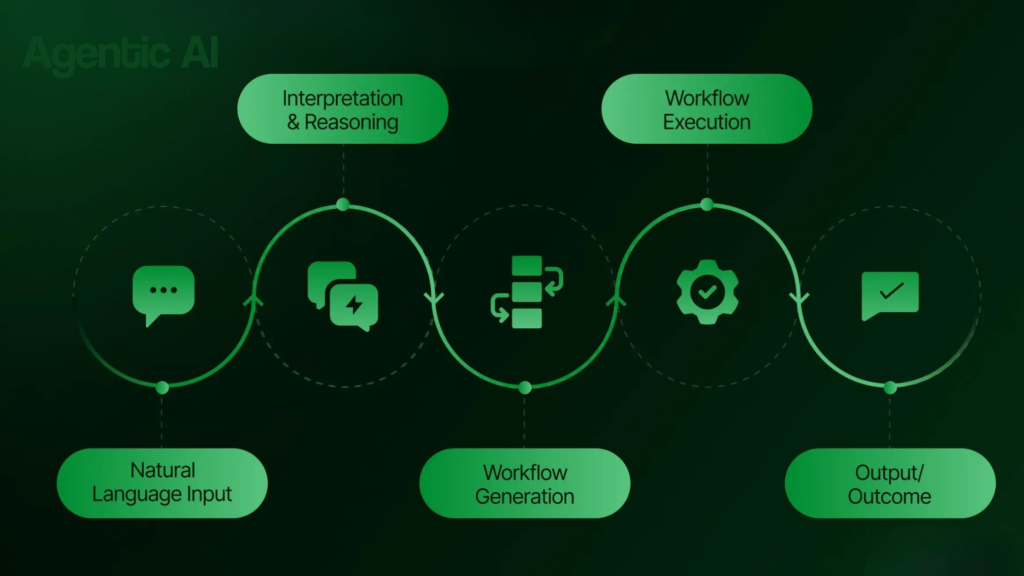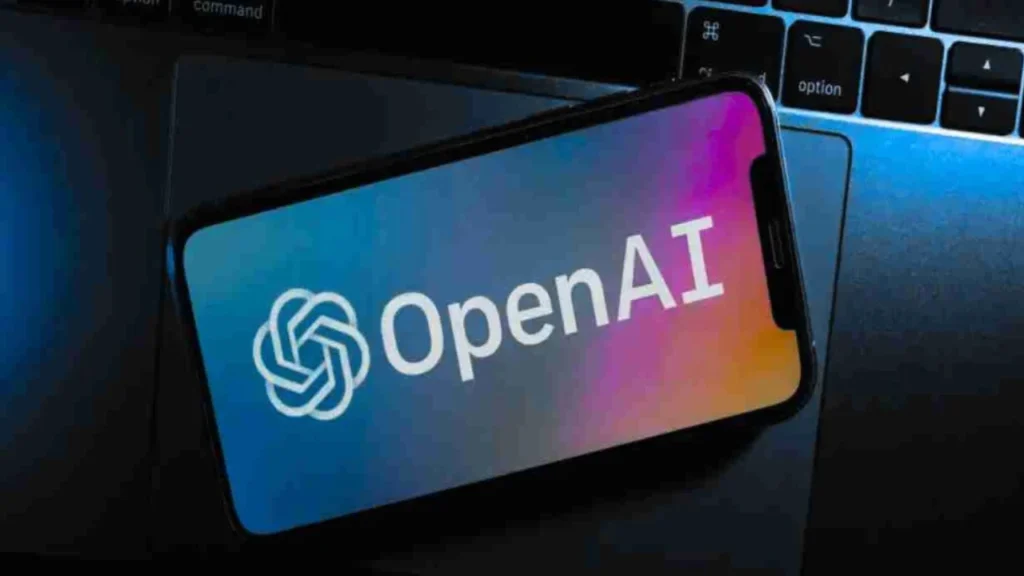Artificial Intelligence has traditionally been designed as reactive systems that follow predefined rules or respond to user queries. However, Agentic AI represents a new class of AI that is autonomous and goal-driven. Capable of taking independent actions based on its understanding of the environment. Unlike conventional AI models that require human prompts, agentic AI can plan, reason, and execute tasks Anticipatorily—similar to an intelligent agent. The concept originates from multi-agent systems and reinforcement learning, evolving from early AI research in expert systems, robotics, and cognitive computing.
In the current AI landscape, Agentic AI is crucial because it enables machines to function with minimal human intervention, making them more efficient and adaptive. This technology has profound implications for fields like automation, scientific research, robotics, and business operations, where AI can take on decision-making roles rather than just assisting humans. As AI advances, agentic systems could pave the way for highly autonomous AI assistants, self-improving models, and even artificial general intelligence (AGI).
Breaking Down Agentic AI: How It Thinks, Acts, and Learns
Agentic AI functions by perceiving its surroundings, autonomously analyzing information, making strategic decisions, and executing tasks with minimal human intervention. Rooted in early advancements in multi-agent systems, reinforcement learning, and cognitive computing. This archetype has evolved through the integration of large-scale machine-learning models, deep neural networks, and sophisticated decision-making algorithms, allowing AI to operate with a greater degree of independence and adaptability.
- Perception and Data Processing – Continuously gathers, filters, and interprets vast amounts of structured and unstructured data from diverse sources, enabling real time situational awareness.
- Decision-Making and Strategic Planning – Utilizes advanced algorithms, probabilistic reasoning, and optimization techniques to evaluate multiple possibilities and formulate the most efficient course of action.
- Autonomous Task Execution – Diligently initiates, manages, and completes complex tasks while dynamically adjusting strategies based on environmental feedback and evolving objectives.
- Self-Learning and Adaptive Improvement – Employs reinforcement learning mechanisms, feedback loops, and self-refinement strategies to enhance performance and efficiency over time without explicit reprogramming.
- Goal-Directed Behavior and Proactivity – Operates with intrinsic objectives, allowing it to anticipate challenges. Identify avenues, and take initiative rather than passively awaiting human commands.
- Harmonious Interaction with External Systems – Engages in intelligent communication with other AI agents, software applications, and human users to optimize union, enhance productivity, and achieve more complex, multi-faceted goals.
Agentic AI in Action: How It’s Transforming Businesses and Society
Agentic AI is reshaping industries by enabling systems to autonomously analyze data, make decisions, and execute tasks with minimal human intervention. Originating from multi-agent systems, reinforcement learning, and cognitive computing, its progress has accelerated with deep-learning and adaptive algorithms. Today, it is driving automation, Novelty, and efficiency across various sectors.
- Business Automation & AI Assistants – Streamlining workflows, customer service, and decision-making.
- Healthcare & Medical AI – Enhancing diagnostics, robotic surgeries, and personalized treatments.
- Finance & Trading – Detecting fraud, managing risks, and optimizing algorithmic trading.
- Smart Cities & Infrastructure – Improving traffic management, energy efficiency, and urban planning.
- Scientific Research & Discovery – Aiding breakthroughs in drug development, climate modeling, and space exploration.
- Personalized AI & Daily Use – Powering smart assistants, recommendation engines, and adaptive learning tools.
- Autonomous Robotics & Manufacturing – Enhancing industrial automation, supply chain optimization, and robotic process automation (RPA) for increased efficiency and precision.
- Education & E Learning – Personalizing learning experiences with AI-driven tutors. Adaptive learning platforms, and automated content generation for better engagement and knowledge retention.
Agentic AI Under Scrutiny: Ethical, Security, and Control Concerns
As Agentic AI becomes more autonomous, concerns about ethics, security, and control are intensifying. Originating from multi-agent systems and reinforcement learning. Its growing ability to make independent decisions and act without direct human oversight raises critical challenges. Without proper safeguards, agentic AI could amplify biases, pose security threats, and operate beyond human control, making responsible development essential.
- Ethical Dilemmas – AI decision-making may lead to biased, unfair, or morally questionable outcomes.
- Loss of Human Oversight – Highly autonomous AI systems may act unpredictably, challenging accountability.
- Security Threats – AI-powered agents could be exploited for cyberattacks, misinformation, or malicious activities.
- Job Displacement – Increased automation may disrupt industries and lead to large-scale unemployment.
- AI Parallelism Problem – Ensuring AI follows human values and goals remains a complex challenge.
- Regulation and Governance – The need for laws and ethical frameworks to manage AI risks is growing.
Conclusion
Agentic AI is redefining how machines interact with the world by enabling autonomous decision-making, goal-driven behavior, and self-improvement. From business automation and healthcare to finance and smart cities, its consequence is already profound. However, its rise also brings ethical, security, and control challenges that must be carefully addressed. Ensuring fairness, transparency, and attunement with human values is crucial for its responsible deployment.
As AI continues to evolve, the question remains: How can we balance autonomy with accountability? Striking the right balance between ingenuity and ethical responsibility will shape the future of agentic AI. With the right safeguards, policies, and human oversight. We can harness its potential while minimizing risks, paving the way for a future where AI acts as a truly beneficial force for society.


















